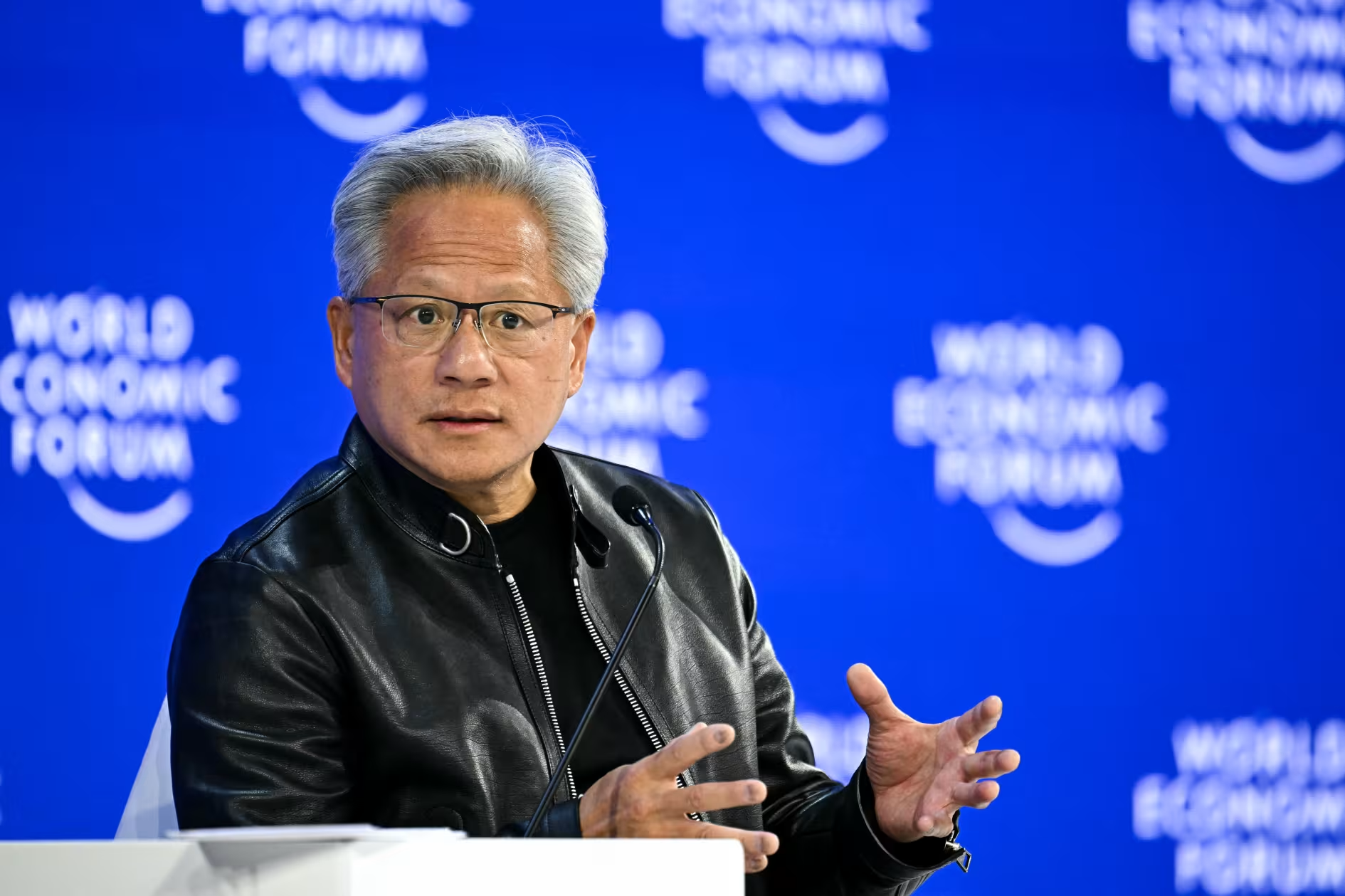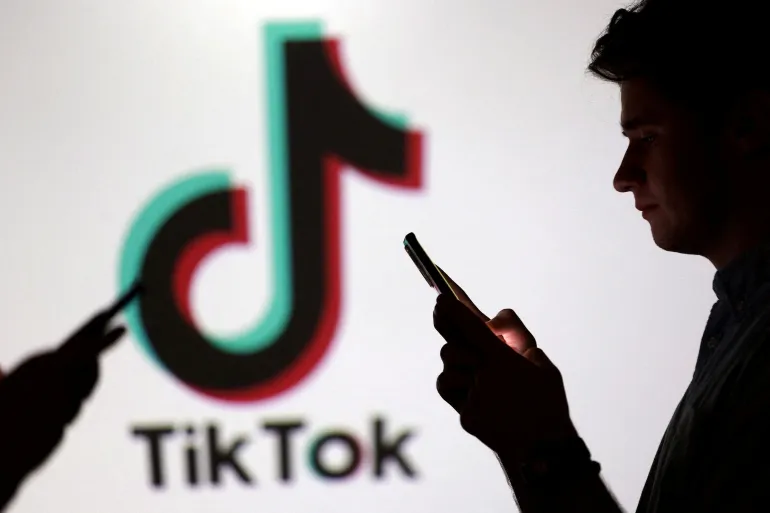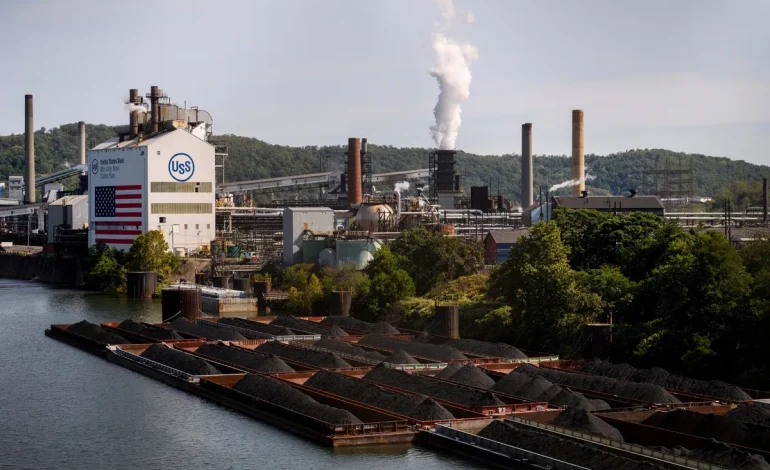The US government is expected to receive a “golden share” as part of the conditions for approving Nippon Steel Corp.’s proposed acquisition of United States Steel Corp., granting the government veto powers over certain corporate decisions.
This development is a key element in ongoing negotiations between the companies and US authorities.
President Donald Trump recently announced a “partnership” involving $14 billion in new investments tied to the deal, which has been under review for nearly 18 months. While the details of the government’s veto rights remain unclear, sources say the arrangement would be part of a national security agreement, typical in approvals by the Committee on Foreign Investment in the US (CFIUS).
The golden share concept, first reported by Nikkei, would give the US government approval rights on board members and other decisions critical to maintaining production levels and protecting national interests. Senator Dave McCormick, a Republican from Pennsylvania and Trump ally, described the control structure as “somewhat unique,” involving a US CEO, a majority US board, and government approval over key corporate functions.
The acquisition deal includes the original $55-per-share purchase price, as well as a planned $14 billion additional investment. Nippon Steel is expected to invest roughly $11 billion by 2028, with allocations including $2.4 billion to upgrade the Mon Valley plant near Pittsburgh, $3.1 billion in US Steel’s Gary, Indiana facility, $3 billion for expansions at Big River Steel in Arkansas, and investments in iron ore mining in Minnesota and tubular steel production in Alabama. A new research and development center in Pittsburgh is also part of the plan.
President Trump has emphasized that US Steel would remain under American control, stating the government would ensure the company is “controlled by the United States.” This condition appears designed to address previous national security concerns that led former President Joe Biden to block the merger.
Nippon Steel had initially sought full control of US Steel, despite Trump’s earlier statements opposing foreign ownership of the company. The proposed national security agreement aims to balance Nippon’s market access and investment ambitions with US oversight.
While the companies have yet to confirm their acceptance of the golden share arrangement, US Steel’s board and shareholders have approved the deal. The United Steelworkers union, however, remains opposed, citing concerns over Nippon Steel’s record on US trade laws and the critical nature of domestic steel production.
If completed, the merger would combine the world’s fourth-largest steel producer, Nippon Steel, with the 24th-largest, US Steel, creating the world’s third-largest steelmaker, according to the World Steel Association.
Local and state officials have expressed cautious optimism about the deal, highlighting potential job preservation and economic benefits. Pennsylvania Governor Josh Shapiro noted that while no agreement has been signed, discussions are moving in a positive direction.
With input from Bloomberg and the Associated Press.










The latest news in your social feeds
Subscribe to our social media platforms to stay tuned